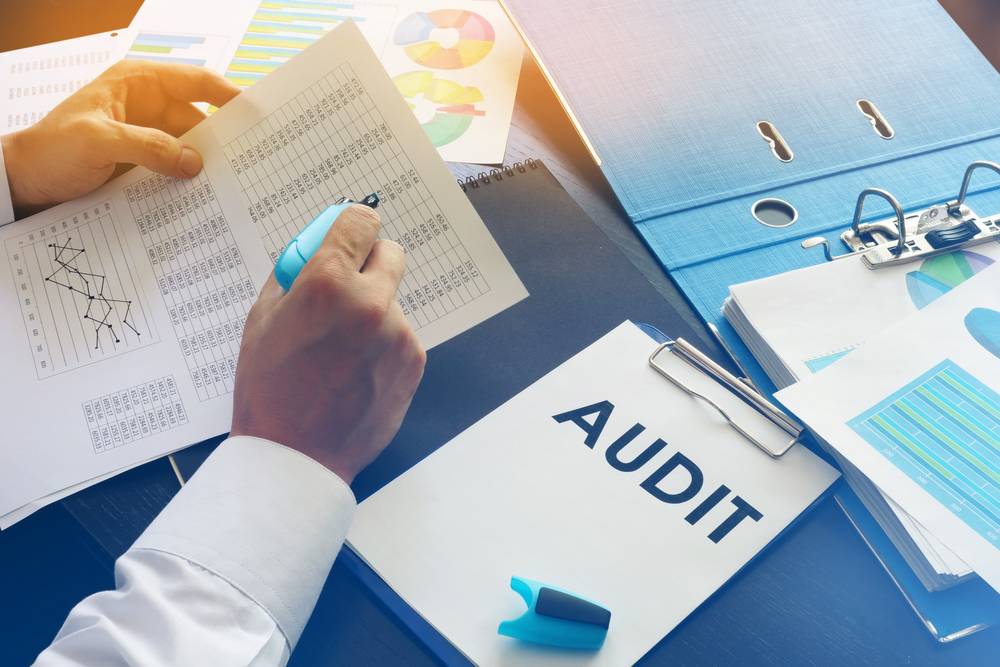 Last updated: December 17th, 2024 4:48 PM
Last updated: December 17th, 2024 4:48 PM
Accounts Maintenance & Tax Audit Limit
A tax audit is an audit of books of accounts maintained by an enterprise for the purpose of satisfying the requirements of the Income Tax Act. The Act mandates professionals and businesses to obtain a tax audit from a Chartered Accountant and maintain accounts if the turnover or profit exceeds a certain amount. In this article, we look at the tax audit limit and accounts maintenance limit for businesses under the Income Tax Act. Prior to understanding the requirement of accounts maintenance and tax audit limit under Income Tax Act, it is important to grasp the concepts of "specified professions" and "non-specified professions".Specified Profession - Income Tax
Specified profession under the Income Tax Act Section 44AA and Rule 6F include legal, medical, engineering, architectural, accountancy, technical consultancy, or interior decoration, film artist, company secretary or information technology professional or any other notified professional.Tax Audit Limit - Section 44AB
As per Section 44AB of the Act, the requirement to submit the accounts for a tax audit will arise in the following circumstances:| Business | If total sales, turnover or receipts in business for the previous year is more than Rs.1 crore. |
| Professional | If total sales, receipts in profession for the previous year is more than Rs.50 lakhs. |
| Presumptive Taxation - Section 44AD, 44E, 44AF, 44BB or 44BBB | If the person claims that the profits and gains from the business are lower than the profits and gains computed under the relevant sections. |
Compulsorily Required to Maintain Accounts
Under Section 44AA, the following types of businesses and professions are required to maintain accounts compulsorily.Existing Profession
In case of an existing profession, wherein gross receipts are more than Rs.1.50 lakhs in all three years immediately preceding the financial year, books of accounts must be maintained as per Rule 6F. If the gross receipts do not exceed Rs.1.50 lakhs in the preceding three years, then the profession must maintain books of account and other documents to enable an assessing officer to compute taxable income in accordance with the Income Tax Act.New Profession
In case of a new profession in which the gross receipts are expected to exceed Rs.1.50 lakhs, books of accounts must be maintained as per rule 6F. If the gross receipts are not expected to exceed Rs.1.50 lakhs, then the profession must maintain books of accounts to enable an assessing officer to compute taxable income in accordance with the Income Tax Act.Existing Business
An existing business where the profit exceeds Rs.2.50 lakhs or total sales or gross receipts exceeds Rs.25 lakhs in any of the 3 years immediately preceding the previous year must maintain books of accounts.New Business
All new business where the profit is expected to exceeds Rs.2.50 lakhs or total sales or gross receipts exceeds Rs.25 lakhs must maintain books of accounts.Rule 6F of Income Tax - List of Books and Accounts to be Maintained
The following books of accounts must be maintained by all professions and businesses mandatorily if they cross the threshold specified under the Income Tax Act.- A cash book (i.e., a record of all cash receipts and payments, kept and maintained from day-to-day giving the cash balance in hand of each day or at the end of a specified period not exceeding a month).
- A journal, in case the assessee follows the mercantile system of accounting.
- A general ledger.
- Carbon copies of bills (whether machine numbered or otherwise serially numbered) exceeding Rs. 25 issued by the person and carbon copies or counterfoils of machine numbered or otherwise serially numbered receipts issued by the person.
- Original bills/receipts issued to the assessee in respect of expenditure (payment vouchers if bills/receipts are not issued and amount of expenditure does not exceed Rs. 50).
- A daily case register in the prescribed form (i.e. Form 3C), showing date, patient’s name, nature of professional services rendered (i.e., general consultation, surgery, injection, visit, etc.,) fees received and date of receipt; and
- An inventory mechanism classified under general heads, as on the first and last day of the previous year, of the stock of drugs, medicines and other consumable accessories used for the purpose of the medical profession.
Popular Post

In the digital age, the convenience of accessing important documents online has become a necessity...

The Atalji Janasnehi Kendra Project that has been launched by the Government of Karnataka...

The Indian Divorce Act governs divorce among the Christian couples in India. Divorce...

When an individual has more than a single PAN card, it may lead to that person being heavily penalised, or worse,...

Employees Provident Fund (PF) is social security and savings scheme for employee in India. Employers engaged...


